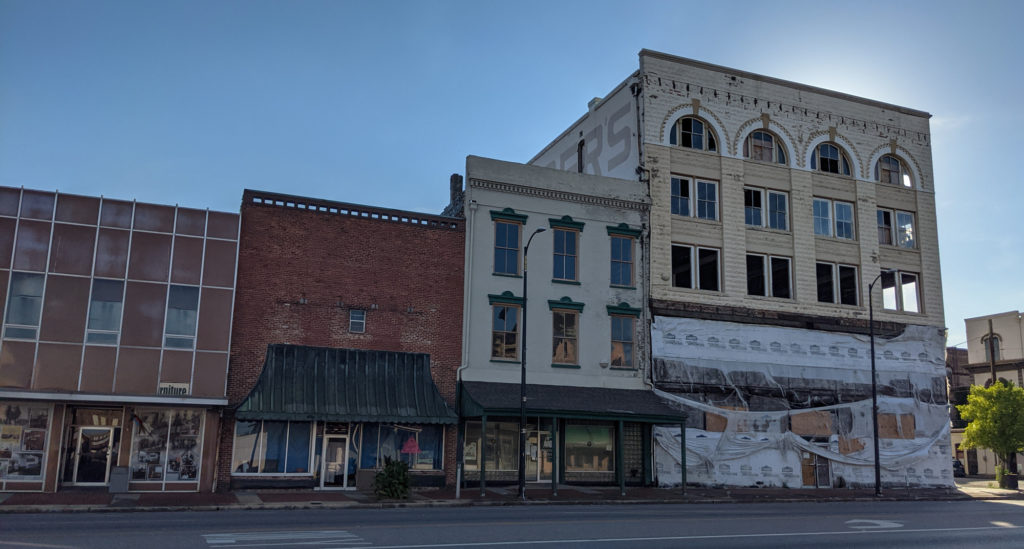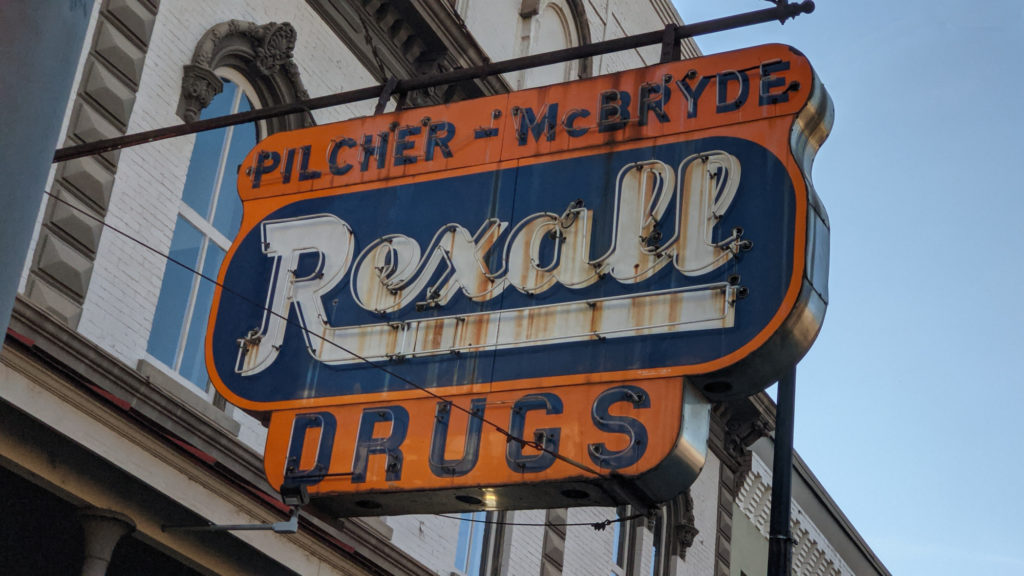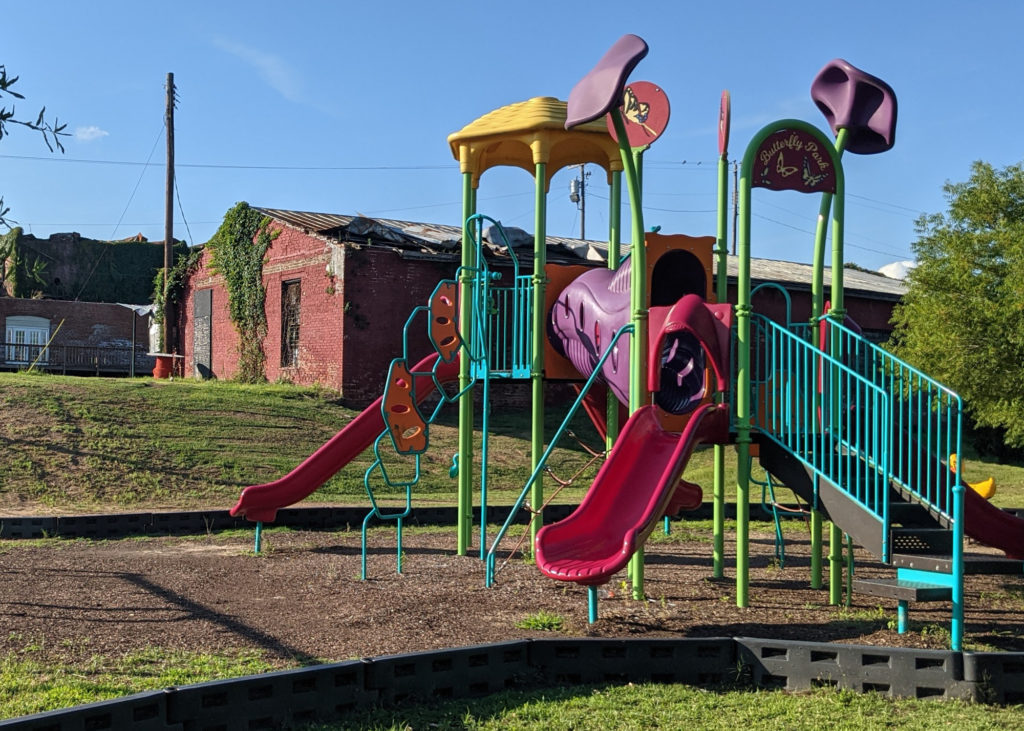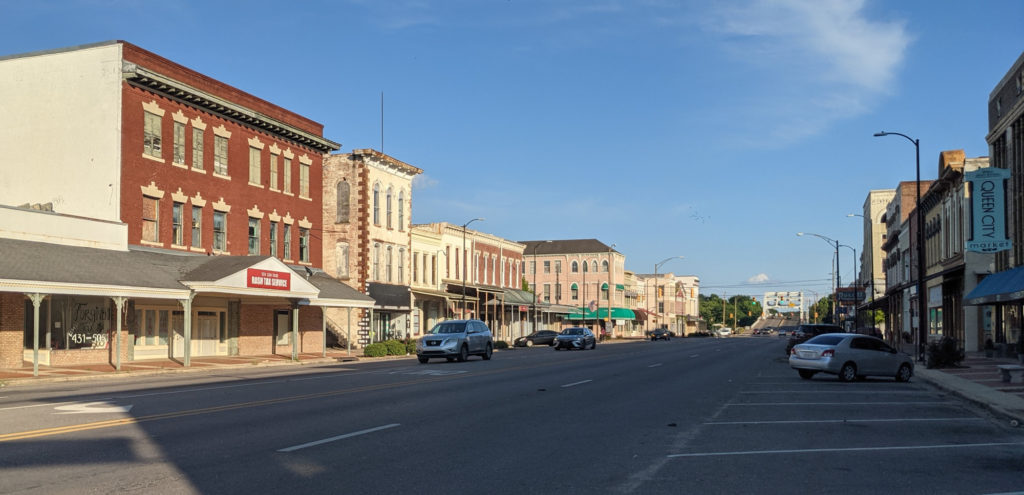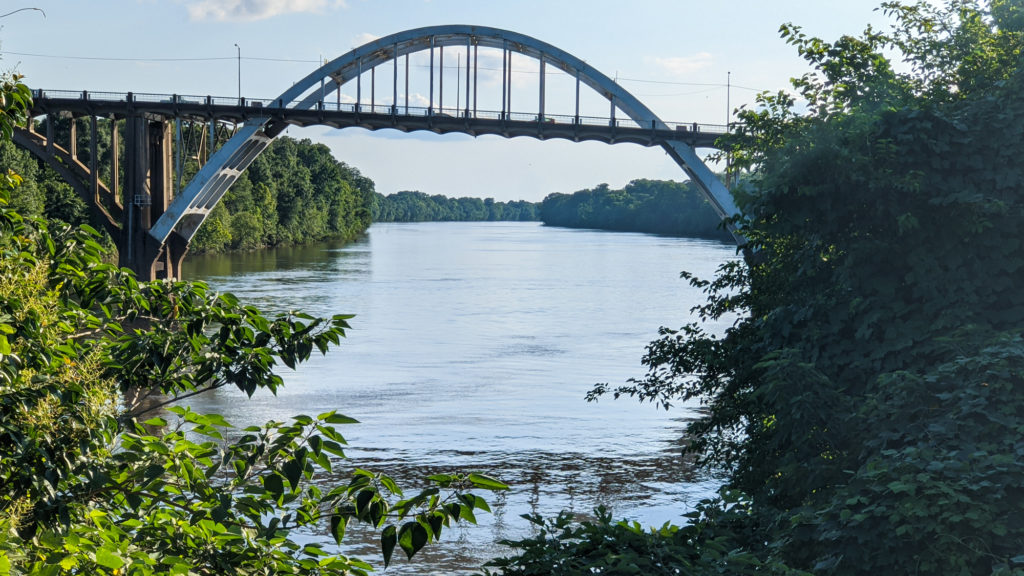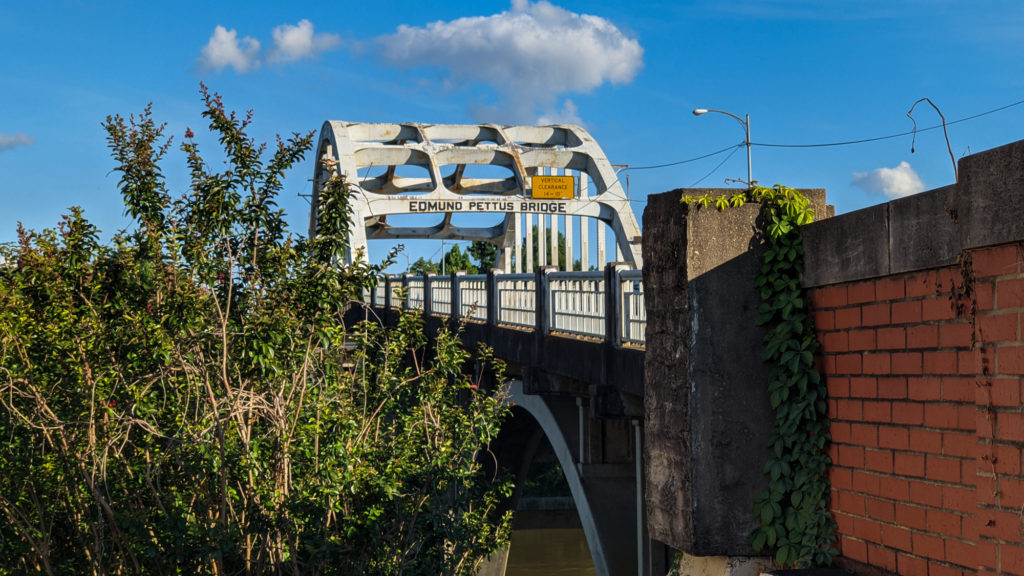
It’s bittersweet that I visited Selma this particular week. Selma was the focus of protests in the 1960s to allow Blacks the right to vote in Alabama and across the South. Black citizens technically had the right to vote, but were disenfranchised through practices like poll taxes, literacy tests, and giving broad authority to county registrars to disqualify people from registering.
Much of that was outlawed with the passage of the Voting Rights Act of 1965. But since then, conservative courts have been chipping away at that law, and just this week, the supreme court finally dismantled what was left of it. The doors are wide open for states to again discriminate against minorities and their right to vote.
This time it won’t be discrimination through poll taxes and literacy tests. Rather it will be through laws that, while not discriminatory on their face, disproportionately impact minorities’ ability to access the ballot box. It will also green-light local laws that give broad authority to county officials to disallow votes from being counted. (The conservatives on the court are big believers in the states’ duty to prevent imaginary voter fraud through such laws.)
So I walked around Selma not knowing whether its story is ending or somehow carrying on.
